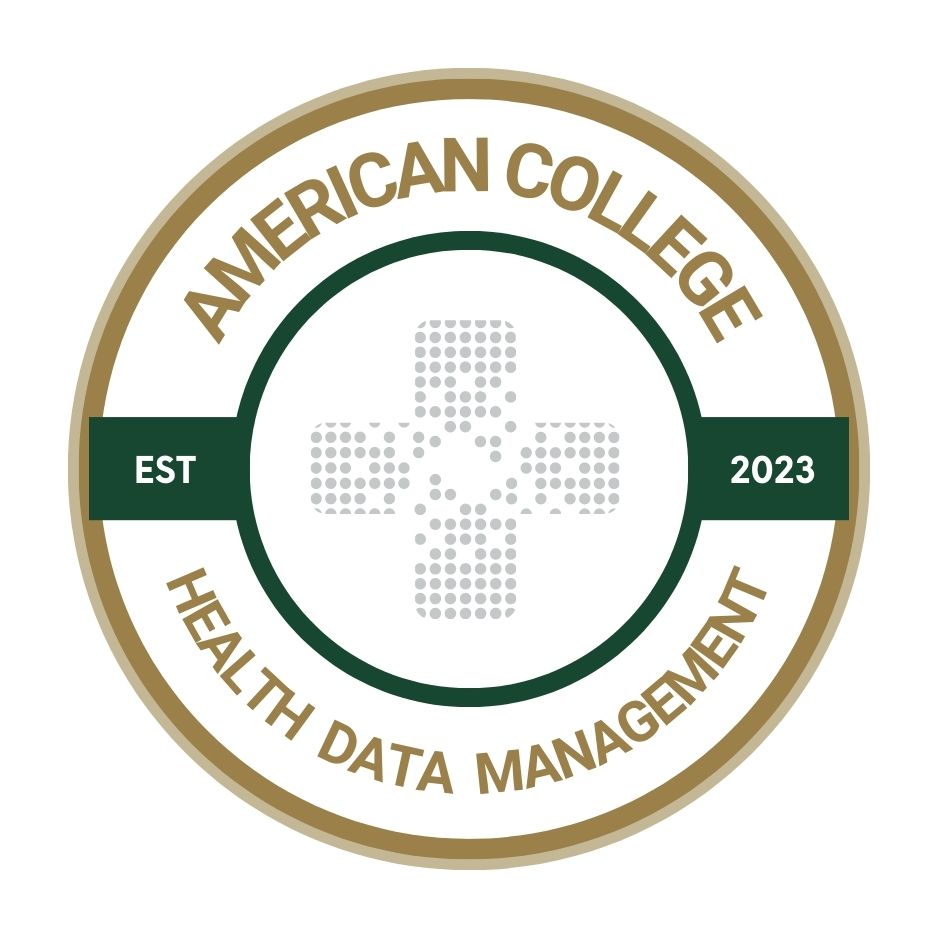Why it’s crucial to align value analysis with clinical excellence
Dr. Hudson Garrett and team provide a roadmap for integrating clinical outcomes and value analysis to optimize patient care.

Healthcare value analysis is an essential process that seeks to optimize the balance between cost, quality and outcomes. It involves evaluating products, services and technologies to ensure they deliver the best possible value for patients and healthcare organizations.
At its core, healthcare value analysis intersects significantly with clinical outcomes and evidence-based practices, which together play a critical role in enhancing patient care and ensuring the sustainability of healthcare systems.
The incorporation of evidence-based practices into value analysis ensures that decisions are grounded in the best available scientific evidence, leading to improved clinical outcomes. Clinical stakeholders, including physicians, nurses and other healthcare professionals, are indispensable in this process. Their expertise and insights are crucial for making informed decisions that align with clinical needs and patient safety.
The basics of value analysis
Healthcare value analysis is a systematic approach to evaluating the efficiency, effectiveness, and cost-effectiveness of healthcare products and services. It incorporates a multidisciplinary team to assess various aspects of a product or service, including its clinical efficacy, safety, cost and impact on patient care.
The primary goals of value analysis in healthcare are to optimize resource utilization; enhance patient outcomes; reduce costs without compromising quality; and ensure the sustainability and continuity of healthcare delivery.
Value analysis is a dynamic process that requires continuous monitoring and assessment to adapt to changing healthcare needs and advancements in medical technology. It integrates financial, operational and clinical perspectives to make well-rounded decisions that benefit both patients and healthcare providers.
Clinical outcomes
Clinical outcomes refer to the measurable effects of healthcare services and interventions on patient health. These outcomes are indicators of the quality of care provided and include metrics such as mortality rates, infection rates readmission rates, patient recovery times and quality of life improvements.
Improving clinical outcomes is a fundamental objective of healthcare providers. By focusing on clinical outcomes, healthcare organizations can ensure that their services are effective, patient-centered and aligned with best practices.
Value analysis directly affects clinical outcomes by ensuring that the products and services used in patient care are not only cost-effective but also clinically effective. For instance, selecting a more expensive surgical tool that reduces infection rates and shortens hospital stays may be justified if it leads to better patient outcomes and overall cost savings.
Evidence-based practices
Evidence-based practices (EBP) involve integrating the best available research evidence with clinical expertise and patient values to make decisions about the care of individual patients. EBP is a critical component of value analysis, as it ensures that decisions are supported by robust scientific evidence, leading to better clinical outcomes and more efficient resource use.
The steps involved in implementing EBP include formulating a clear clinical question based on a patient's problem; searching for the best available evidence; critically appraising the evidence for its validity and applicability; integrating the evidence with clinical expertise and patient preferences; and evaluating the outcomes of the decision and seeking ways to improve.
By incorporating EBP into value analysis, healthcare organizations can ensure that their decisions are based on the latest and most reliable scientific evidence. This leads to higher-quality care, improved patient outcomes and more efficient use of resources.
The role of clinical stakeholders
Clinical stakeholders, including physicians, nurses, pharmacists and other healthcare professionals, are crucial in the value analysis process. There are multiple ways that their clinical expertise and firsthand experience with patient care provide invaluable insights that are essential for making informed decisions.
Clinical stakeholders bring a deep understanding of the clinical implications of various products and services. Their input ensures that value analysis decisions are clinically relevant and aligned with patient care needs. For example, a physician's experience with a particular medical device can highlight practical benefits and potential drawbacks that may not be evident through financial analysis alone. The value analysis process also must carefully manage the conflict-of-interest process to ensure an objective review of any medical devices or products evaluated.
Clinical stakeholders are advocates for patient safety and quality of care. Their involvement in the value analysis process ensures that decisions prioritize patient outcomes and safety. For instance, a nurse's perspective on the usability and safety of a new infusion pump can help identify potential risks and training needs, ensuring safer implementation.
Value analysis is most effective when it involves collaboration among a diverse team of stakeholders. This multidisciplinary approach ensures that decisions are comprehensive and take into account all relevant aspects, including clinical efficacy, safety and cost. For example, pharmacists can provide insights into medication management and safety, while financial analysts can assess cost implications.
Clinical stakeholders play a key role in the implementation and compliance of value analysis decisions. Their involvement ensures that new products and services are integrated smoothly into clinical workflows and that staff are adequately trained. For example, involving surgeons in the evaluation of new surgical instruments can facilitate their acceptance and proper use in the operating room.
Integrating value analysis, outcomes and EBP
To effectively integrate healthcare value analysis, clinical outcomes, and evidence-based practices, healthcare organizations should adopt the following strategies.
Establish a multidisciplinary value analysis committee. Form a committee that includes representatives from various clinical and non-clinical departments. This committee should oversee the value analysis process, ensuring that all perspectives are considered, and decisions are well-rounded.
Implement robust evidence-gathering processes. Develop processes for systematically gathering and appraising evidence. This includes conducting literature reviews, analyzing clinical trial data and consulting with experts. Ensure that decisions are based on the best available evidence and aligned with clinical guidelines.
Focus on patient-centered outcomes. Prioritize patient-centered outcomes in the value analysis process. This includes considering patient preferences, quality of life and long-term health outcomes. Engage patients and their families in the decision-making process to ensure that their needs and values are addressed.
Enable continuous monitoring and feedback. Establish mechanisms for continuous monitoring and feedback. Regularly assess the impact of value analysis decisions on clinical outcomes and adjust strategies as needed. Use data analytics to track performance metrics and identify areas for improvement.
Foster a culture of collaboration and innovation. Promote a culture of collaboration and innovation within the organization. Encourage open communication and the sharing of ideas among clinical and non-clinical staff. Support ongoing education and professional development to keep staff informed about the latest evidence-based practices and value analysis techniques.
Dr. Hudson Garrett, Ph.D., MSN, MPH, MBA, FNP-BC, IP-BC, PLNC, VA-BC, BC-MSLcert™, HACP, HACP-IC, HACP-PE, MSL-BC, CPHRM, CHIPP-B, CIC, LTC-CIP, CPPS, CPHQ, CVAHPTM, ICE-CCP, CMRP, CPXP, CDIPC, FAPIC, FACDONA, eFACHDM, FAOM, FAAPM, FNAP, FACHE, FSHEA, FIDSA, FAHVAP is the Executive Director and Executive Vice President for the Association of Healthcare Value Analysis Professionals.
Karen Niven, MS, BSN, RN, CVAHP, FACHDM, FNAP, FAHVAP is the President of the Association of Healthcare Value Analysis Board of Directors and the Senior Director of Clinical Value Analysis for Premier.
Anne Marie Orlando, MBA, BS, RN, RCIS, CVAHP, PNAP, FACHDM, FAHVAP is the President-Elect of the Association of Healthcare Value Analysis Board of Directors and the Senior Director of Clinical Programs for Blue.Point.
